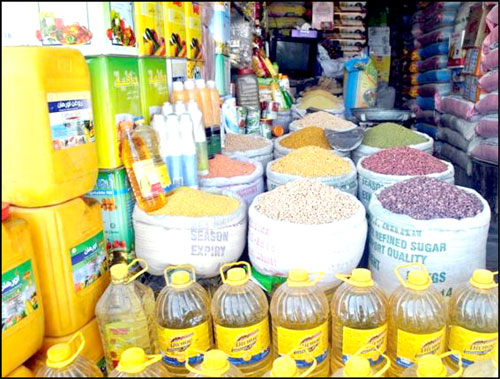According to an International Committee of the Red Cross (ICRC) report, increased inflation rates are adversely affecting hundreds of thousands of unemployed impoverished Afghans and their families. The price of staple food has climbed, making even basic groceries unaffordable to most people.
According to the ICRC’s report, which was released on Wednesday, July 13, the doubling of food costs has corresponded with people’s inability to meet basic necessities, which is caused by unemployment, drought, and rising poverty.
Businesses are on the point of closing due to a severe decline in customer numbers and customers unable to pay for groceries insisting on purchasing items on credit.
Since June 2021, the cost of cooking oil has climbed by 55 percent, wheat flour by up to 68 percent, fertilizer by 107 percent, and fuel by 93 percent. This is due to the fact that 60 percent of the sunflower oil produced worldwide is produced in Ukraine and Russia.
In addition to that, the country has seen one of the “worst droughts” in recent years, which has substantially reduced food harvests and water supplies in many areas, fueling food inflation.
After the Taliban seized power in August 2021, a number of international donors quickly suspended the majority of the non-humanitarian assistance, which made up more than 70% of government expenditure.
Additionally, the Afghan Central Bank’s $9 billion in assets were halted, causing a severe financial crisis for Afghanistan’s banking industry as well as for Afghan families throughout.
ICRC’s Report succinctly describes the current situation in Afghanistan by the statement: “A deepening economic crisis, fueled by decades of conflicts, is affecting the people of Afghanistan on many different levels.”—Khaama Pres News Agency










